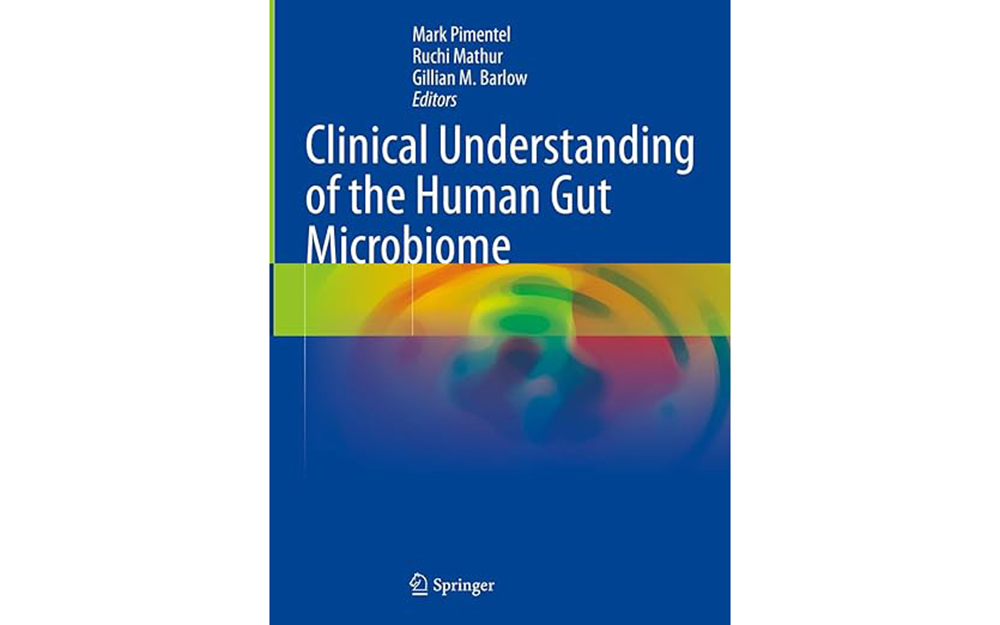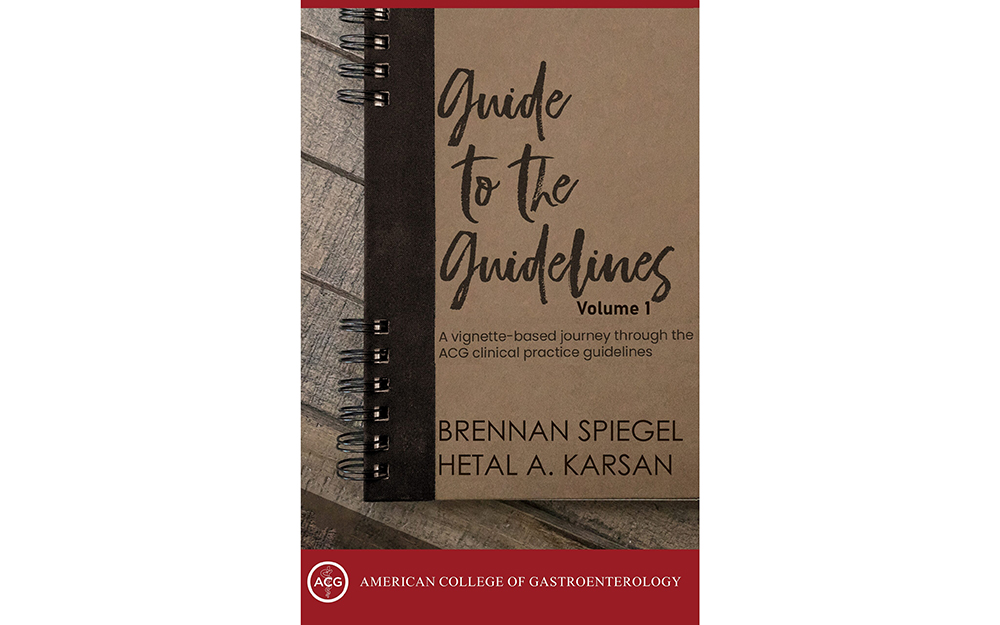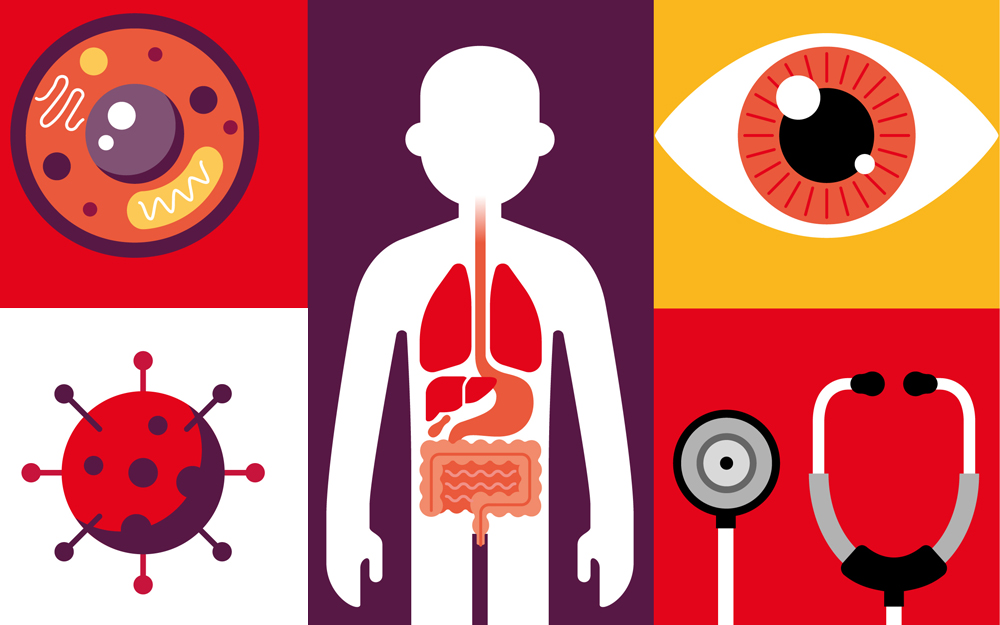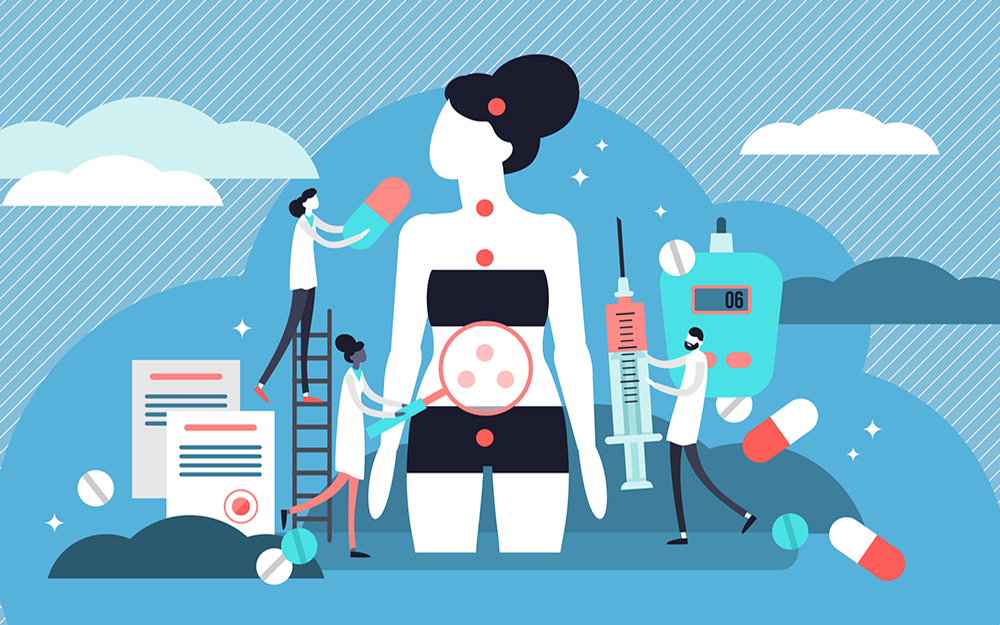Easy to Digest
Date
October 12, 2020
Credits
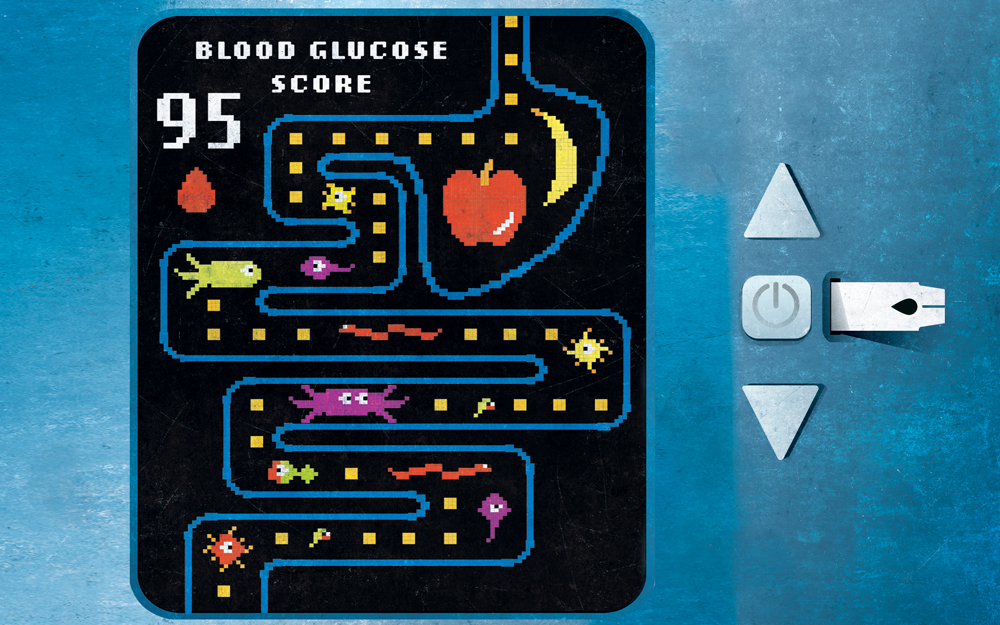
Date
October 12, 2020
Credits
Medical providers featured in this article
In Brief
{{cta-block}}
Microbes in the small intestine may influence diabetes.
Study of the microbiome—the trillions of bacteria living in and on our bodies—traditionally focuses on the colon, the biggest part of the large intestine. Stool has been the star, so far, when it comes to understanding how colonies of tiny organisms play a part in our health.
But emerging research focuses on the microbiome in the small intestine, which investigators now believe may give us a different understanding of how the gut’s itsy-bitsy inhabitants influence disease—and vice versa.
Ruchi Mathur, MD, director of the Diabetes Outpatient Teaching Education Center, is investigating the connection between the small intestine’s microbiome and Type 2 diabetes. In a large-scale study, she and a team in the Medically Associated Science and Technology program are examining how the interplay between the human host and its bacterial inhabitants could reveal new ways to classify and fight disease.
"The small intestine is where you digest nutrients and absorb them," Mathur says. "It’s where the liver and gallbladder meet the intestine and where hormones trigger insulin. There’s a lot going on here. Changes in the small bowel may not be accurately reflected when we simply focus on stool, which is only formed in a very small part of the small intestine."
She says the relationship between the microbiome and small intestine may influence insulin resistance, inflammation and metabolism.
"By characterizing these changes, we can attempt to focus on where to personalize interventions," Mathur says.
Once investigators connect microbial patterns with disease progression, Mathur notes, the potential is “enormous."
"Imagine if, in a subset of people with chronic diseases like diabetes, we could alter the microbiome in a beneficial way to reduce the burden of disease on the human host," Mathur says." That would be groundbreaking and life-changing. We’re trying to move the science in that direction."

